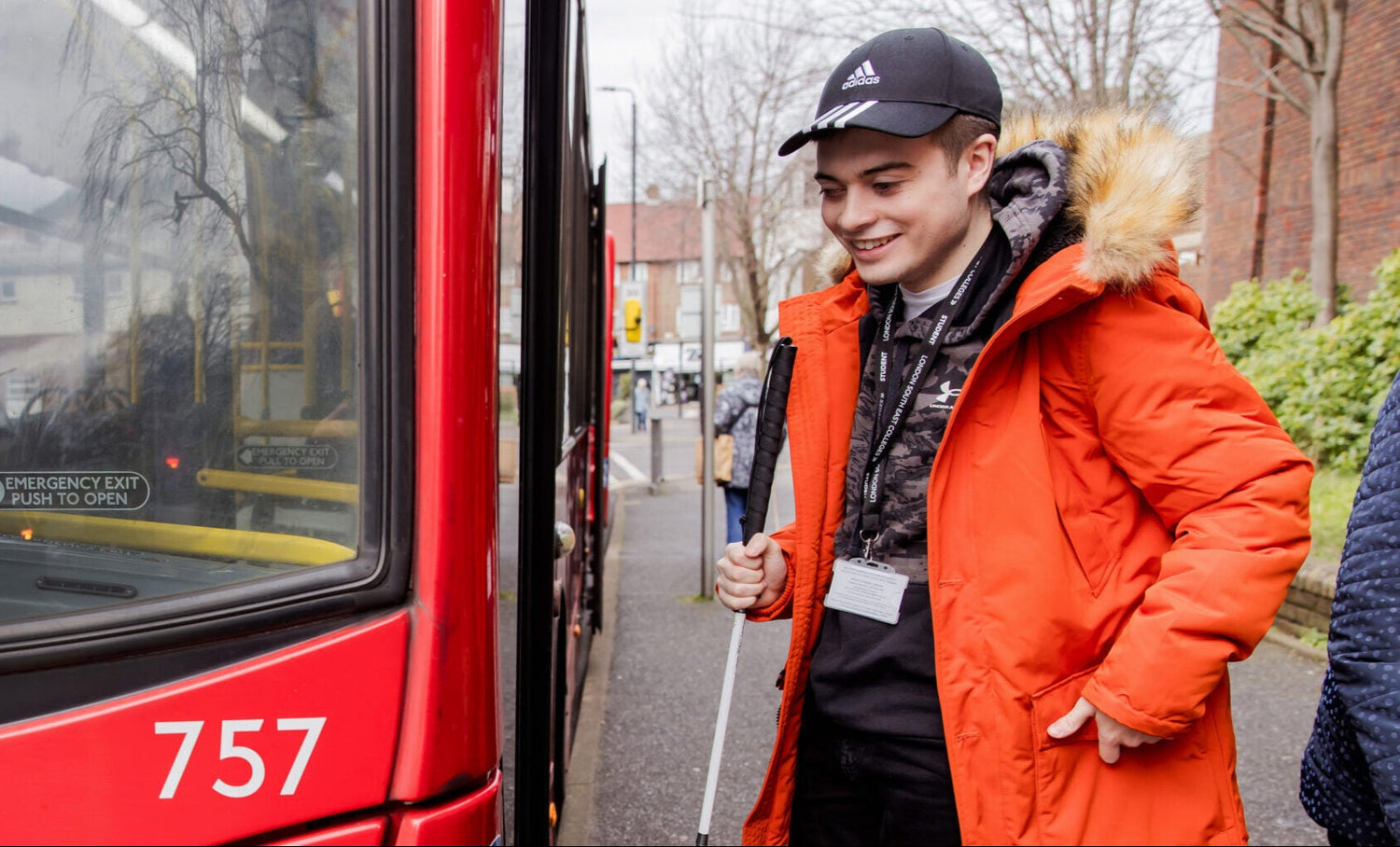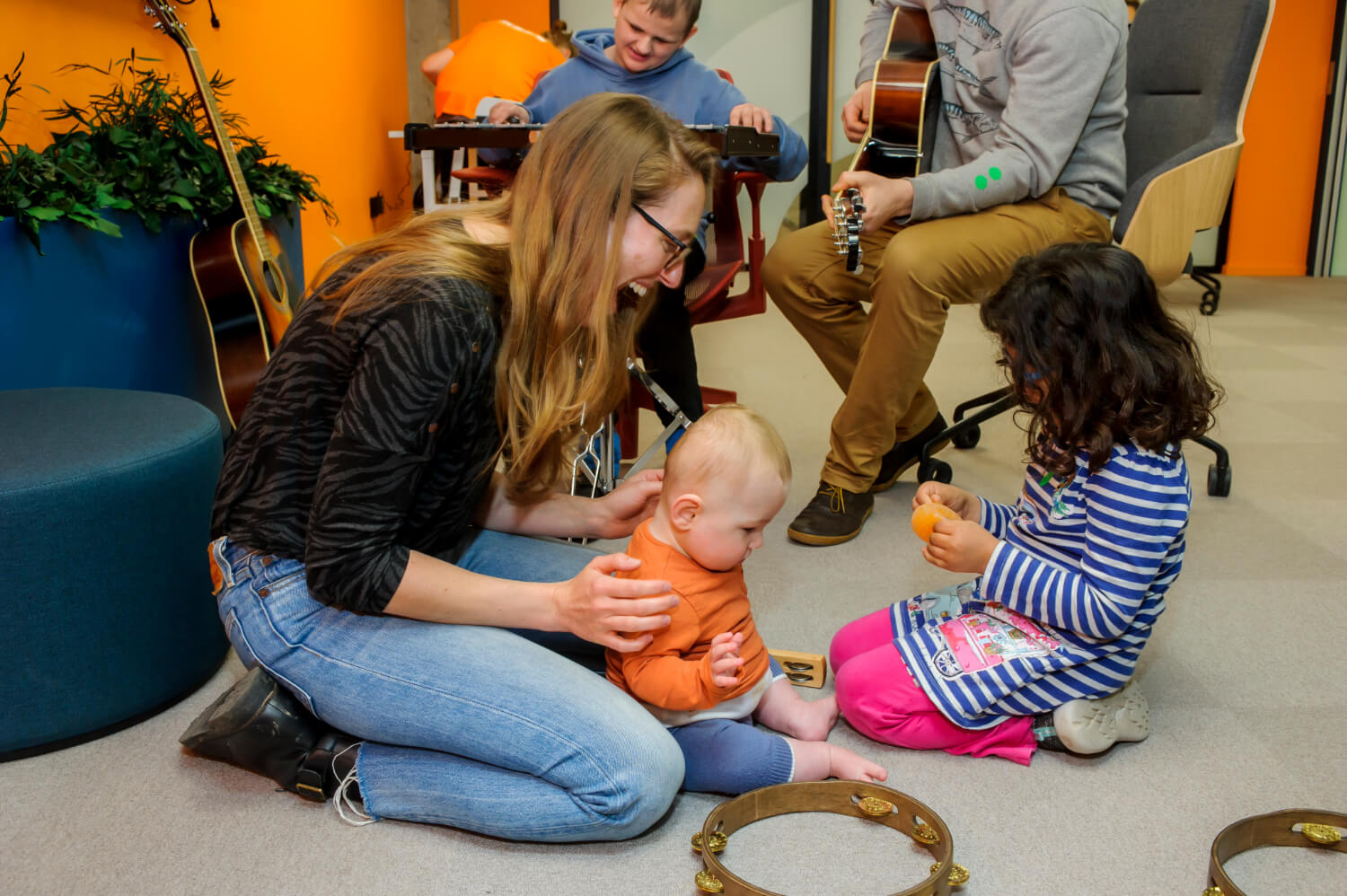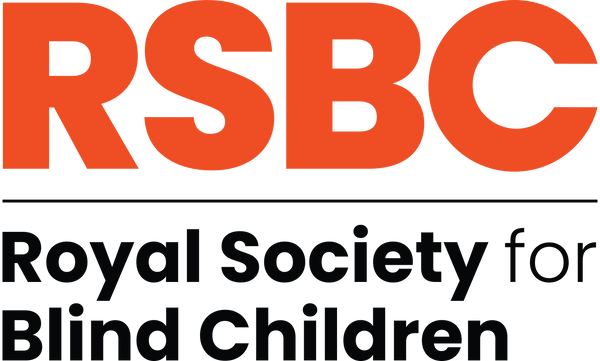
Habilitation support
We can help you learn how to move around safely, efficiently and independently.
Training can happen in school, home, or a public setting. It may also involve public transport, or supporting a transition between different environments.
What does a Habilitation Specialist do?
A Qualified Habilitation specialist works with vision impaired children and young people on a one-to-one level to help them learn techniques and skills for getting around safely, for example:
- Mobility, such as road safety, sighted guide training or using a long cane.
- Orientation, such as learning routes around school, college or their local area, or later on, to their place of work.
- Independent living skills, like making a drink, getting dressed, preparing food or identifying coins.
- Transition support: moving to a new school or home setting. An environmental audit with recommendations can be provided to ensure surroundings are safe and accessible.
Frequently asked questions
Where can I find my local Qualified Habilitiation Specialist (QHS)?
There is a list of registered Habilitation Specialists on the HABVI UK website. You can also enquire with your local authority, under their physical and sensory services.
What is the referral process?
A Qualified Teacher of Vision Impairment (QTVI), Specialist Education Needs Coordinator (SENCO) or member of staff at school can help to make a referral into this support with their local authority.
What's the difference between a QHS and a Qualified Teacher of Vision Impairment, or QTVI?
A QHS and QTVI typically work closely together. A QTVI ensures that the CYP can access the curriculum. This may involve enlarging work or teaching braille.
A Habilitation Specialist ensures that the child or young person is provided with strategies to access their environment or develop their independent living skills.
When will my child have a cane?
The QHS will assess their needs and decide from this whether they need a long cane. Once they’re happy that they’re confident with using the long cane independently, it should be used when appropriate.
How often will a QHS see my child?
This will vary from child to child. The QHS will assess their needs and decide on an appropriate training programme, which could mean that they’re seen weekly, biweekly, or termly.
Download our free resources

Need specialist advice?
Our Habilitation Specialist, Rosie Green, is here to support with strategies to better support a child or young person’s development or independence.
Advice can be accessed online, over the telephone, or at RSBC’s Life Without Limits centre in London.
Get in touch
Please fill the form below, or you can contact us on email via connections@rsbc.org.uk

